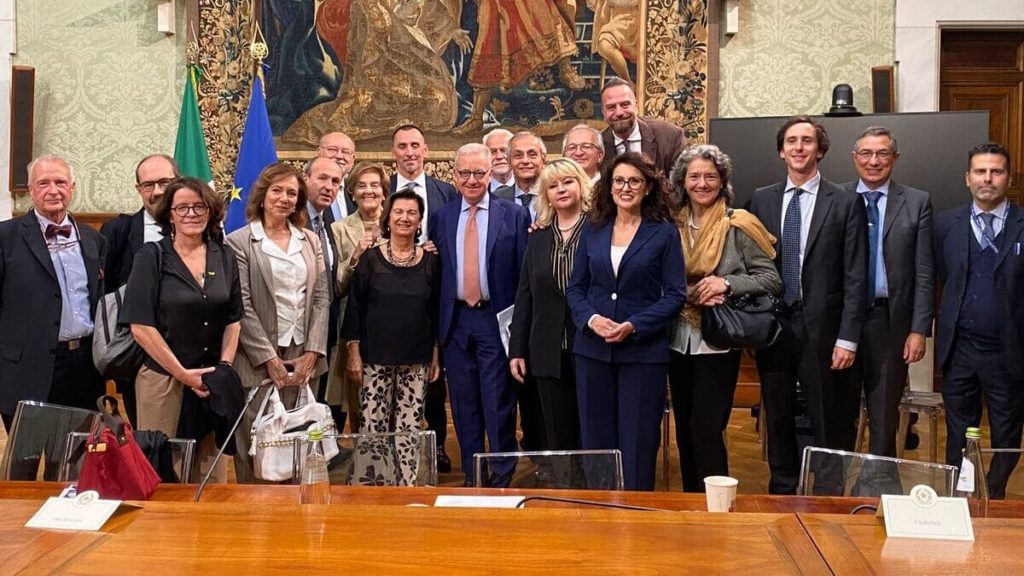Despite some press outlet’s displeasure – and the usual alarm about “no-gender and no-abortion associations” – the alignment between the government’s intentions regarding the budget and the desires of a vast non-political world that cares about the present and future of our country should be positively acknowledged.
On October 1st, some social formations (Network Sui Tetti, Forum associazioni familiari, Fafce, Cdo, Banco Alimentare) met with the Undersecretary to the Presidency of the Council Alfredo Mantovano, several ministers (Giorgetti, Roccella, Schillaci, Valditara, Zangrillo), and Vice Minister Maria Teresa Bellucci to present some proposals for the Budget Law 2025.


Priorities for the Budget
Anyone who has read the interview with Giorgia Meloni in Tempi or listened to the speech she delivered in New York should not doubt that the government’s focus on certain issues (birth rate, family, educational freedom) is paramount, and the openings on this front were significant – as confirmed to Tempi by Ernesto Diaco (Unesu-Cei) regarding the introduction of a “national school voucher.”
In the document presented to the Government by Sui tetti – which Tempi had the opportunity to review – the priorities highlighted include: addressing the demographic crisis and launching a plan to boost birth rates; defining the family as “a tax unit in itself, endowed with a legal personality in tax law distinct from that of its members”; valuing the role of grandparents and fragility; and promoting educational freedom as “the primary resource for each person to know they are unique in reality.”
Read also
National School Voucher
At the end of the meeting, the spokesperson for Sui tetti, Domenico Menorello, expressed satisfaction: “Government representatives have committed to introducing tax formulas that at least provide relief towards family quotient, resisting Europe for the defense of the single allowance, strengthening corporate welfare measures for maternity, a comprehensive and fair revision of the ISEE, further funding for palliative care, launching a 24-hour social-healthcare proximity model, strengthening food solidarity, and implementing a national school voucher for less affluent families.”



